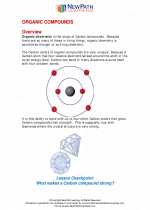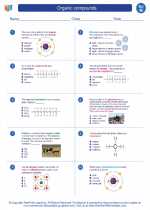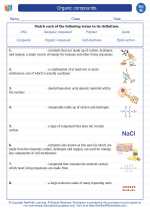Biodegradable Lubricants
Biodegradable lubricants are lubricants that are designed to break down naturally in the environment. They are made from renewable resources, such as vegetable oils, and are formulated to be non-toxic and environmentally friendly. These lubricants are used in a wide range of applications, including automotive, industrial, and marine settings.
Properties of Biodegradable Lubricants
- Biodegradability: Biodegradable lubricants are designed to degrade naturally in the environment, reducing their impact on ecosystems.
- Renewable Sources: They are made from renewable resources, such as vegetable oils, which reduces their environmental footprint.
- Non-Toxicity: These lubricants are formulated to be non-toxic, making them safer for workers and the environment.
- Performance: Despite being environmentally friendly, biodegradable lubricants are designed to meet the performance requirements of various applications.
Applications of Biodegradable Lubricants
Biodegradable lubricants are used in a variety of applications, including:
- Automotive: In vehicles and machinery operating in environmentally sensitive areas.
- Marine: In ships and offshore equipment to minimize environmental impact in water bodies.
- Industrial: In manufacturing processes and equipment where environmental regulations are strict.
Benefits of Biodegradable Lubricants
There are several benefits to using biodegradable lubricants, including:
- Environmental Protection: They reduce the risk of contaminating soil and water sources.
- Health and Safety: They are safer for workers and reduce the risk of exposure to toxic chemicals.
- Regulatory Compliance: They help organizations comply with environmental regulations and standards.
- Sustainability: They promote the use of renewable resources and reduce reliance on petroleum-based lubricants.
Study Guide
If you are studying biodegradable lubricants, here are some key topics to focus on:
- Understanding the concept of biodegradability and its importance in lubricants.
- Exploring the sources of renewable materials used in biodegradable lubricants.
- Comparing the performance characteristics of biodegradable lubricants with traditional lubricants.
- Analyzing the environmental and economic impacts of using biodegradable lubricants in various industries.
- Examining case studies of successful implementation of biodegradable lubricants in different applications.
By understanding these key topics, you will develop a comprehensive understanding of biodegradable lubricants and their significance in promoting environmental sustainability.
Good luck with your studies!
.◂Science Worksheets and Study Guides Eighth Grade. Organic compounds

 Worksheet/Answer key
Worksheet/Answer key
 Worksheet/Answer key
Worksheet/Answer key
 Worksheet/Answer key
Worksheet/Answer key
 Vocabulary/Answer key
Vocabulary/Answer key
 Vocabulary/Answer key
Vocabulary/Answer key
